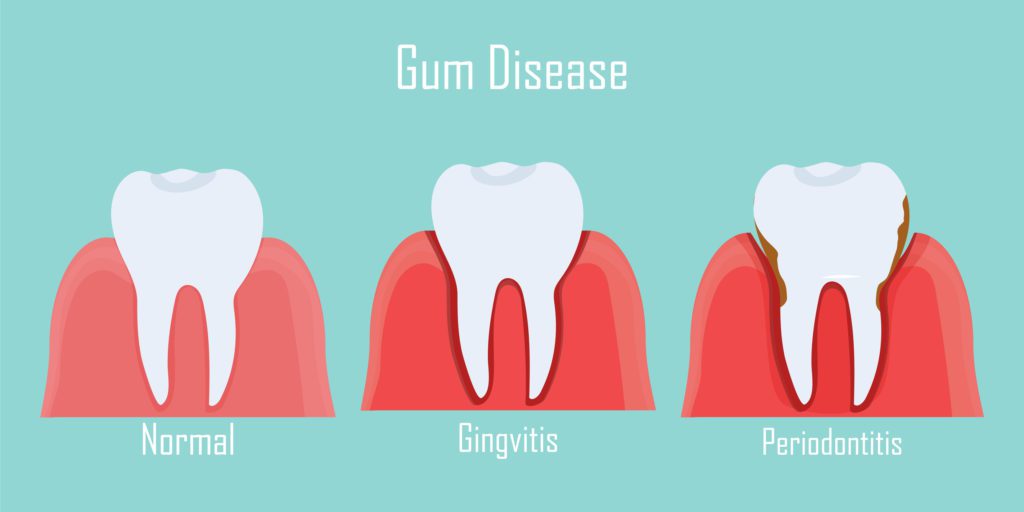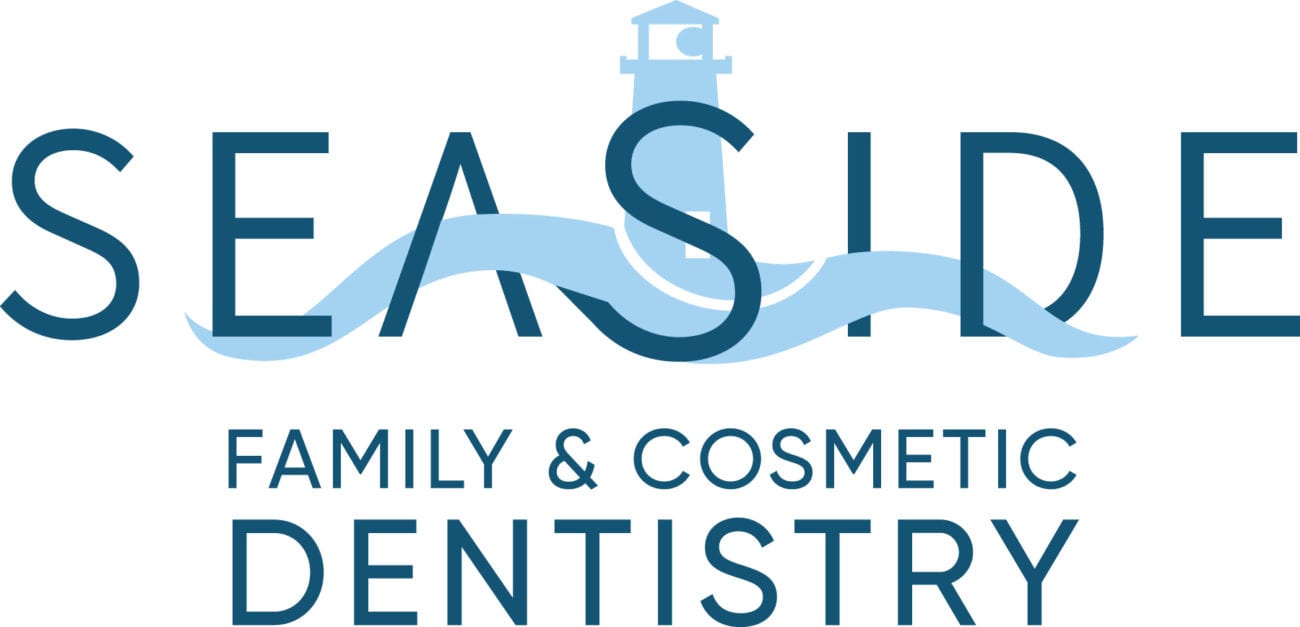Bleeding gums is one of the first signs of gingivitis or early-stage gum disease. Without treatment, gingivitis can become more advanced over time. Treating the underlying cause of gum disease is important and can minimize your risk for complex dental problems.
Gum disease remains a leading cause of tooth loss in adults today. Left untreated, gum disease can impact both oral health and overall health and wellness. If you have noticed that your gums bleed when performing daily oral hygiene, seeking prompt dental care in our office can prevent further damage to the gums.


Gum Disease: what to know.
Gum disease, often called a “silent disease,” is progressive in nature. Being aware of and seeking treatment when early signs of infection appear can significantly reduce the risk of advancing disease.
Gum disease has two defined stages of progression, each with specific symptoms:
- Gingivitis: Dentists characterize the first stage of gum disease, gingivitis, by bleeding gums or a change in the color or sensitivity of the gums. Gums that have an infection seem to be redder in appearance or even swollen. Your dentist can typically resolve Gingivitis with conservative treatment measures and the use of anti-bacterial rinses as part of your daily oral hygiene routine.
- Periodontitis: Periodontitis is an advanced gum disease. It is the result of unchecked gingivitis that has begun to damage the gum tissue and compromise the stability of the teeth. Dental professionals characterize periodontitis by pockets between the teeth and gums, changes in the bite, halitosis, and even loose teeth. Periodontitis can result in tooth loss if not addressed in time.
It is also important to understand the key role that healthy gums play in maintaining overall health and wellness. The gums serve as a barrier between harmful bacteria often present in the mouth and the bloodstream. Gum disease breaks down and compromises this barrier, allowing the potential for bacteria to enter the body via the bloodstream and lead to internal inflammation.
Over time, this can raise your risk for health concerns such as heart disease and auto-immune conditions. The effects of advanced gum disease can also detrimentally impact your ability to manage other health concerns, including diabetes, successfully.
Schedule A Dental Care Visit
If you have concerns about the health of your gums or have noticed the signs of gum disease, we recommend contacting our office to schedule a visit. Prompt and effective treatment preserves the health and stability of your smile.
